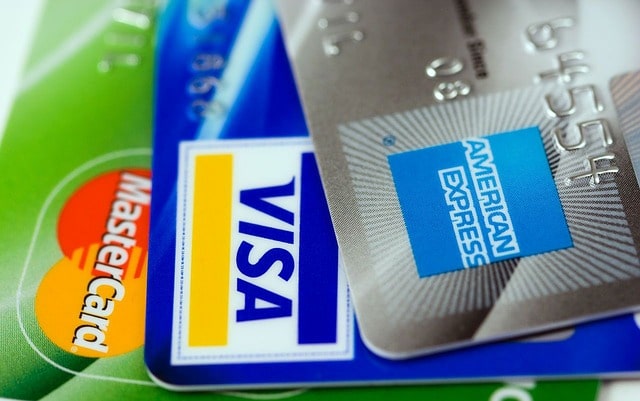Applying for a personal loan will require you to prepare several documents that will help lenders identify your financial commitments and understand your current financial status. The more accurate your credit history is, the more likely we can help in reaching out to lenders with loan offerings perfect for your needs and your repayment capabilities.
- Credit reports – Confirm your credit rating scoring – your record of credit rating will play a role in the success of your application. If you have had bad credit, some lenders may not want to approve your loan application…
- Loan repayment periods – The loan repayment period refers to the time between the first payment on a loan and the agreed date at which the entire loan need to be repaid. A longer repayment period means you pay less per installment, however for longer and with more interest than on loans with a shorter repayment period.
- Interest rate types – Loans are presented both with fixed or variable interest rates. A fixed interest rate will not change for the duration of the loan repayment period, while a variable interest rate may change over the repayment period. Understanding the type of interest rate can help you decide on the loan that you take up eventually
- Serviceability – The ability of a borrower to meet loan repayments, based upon the loan amount, the borrower’s income, expenses, and other commitments. Learn more about serviceability assessments and how they play a role in your application for a personal loan.
- Penalties for pre-payment or in the case of default – Make sure that you are aware of the fees and charges which might be charged by the lender before taking on a loan, including what penalties can apply. For instance, a pre-payment penalty can happen as an extra charge imposed by some lenders when a borrower pays off their loan early, thus compensating the lender for any lost future income. On the account of defaulting on a secured loan, additional remedies can include repossession.
- Supporting documentation – When applying for a loan, you’ll be required to supply certain records to assess your qualification to borrow, and ability to make repayments every month. These documents include proof of your identity, bank statements indicating any savings or liabilities, and proof of income (such as pay slips and tax returns). Getting your paperwork in order before you apply for any loan can help you save time, and might speed up the loan approval process.






